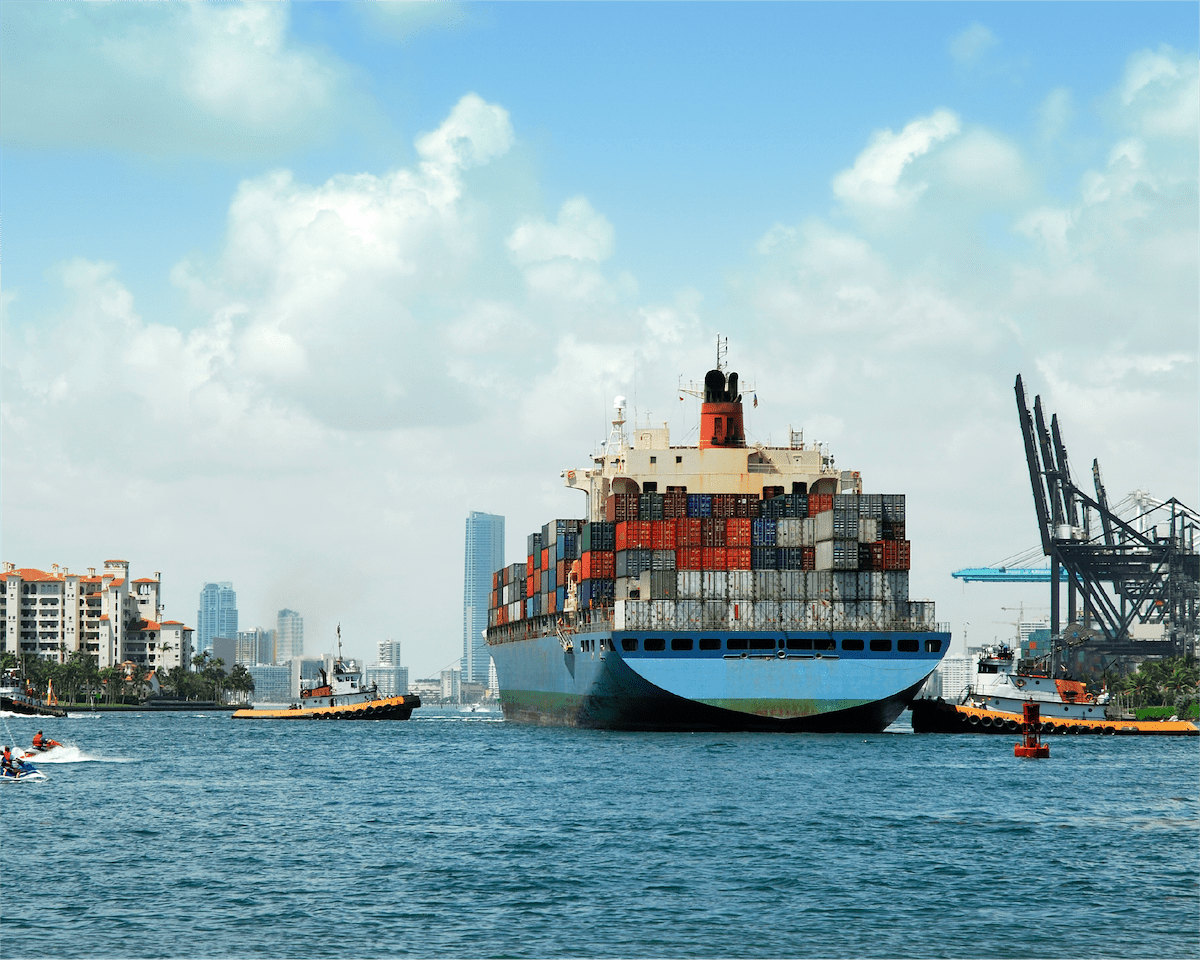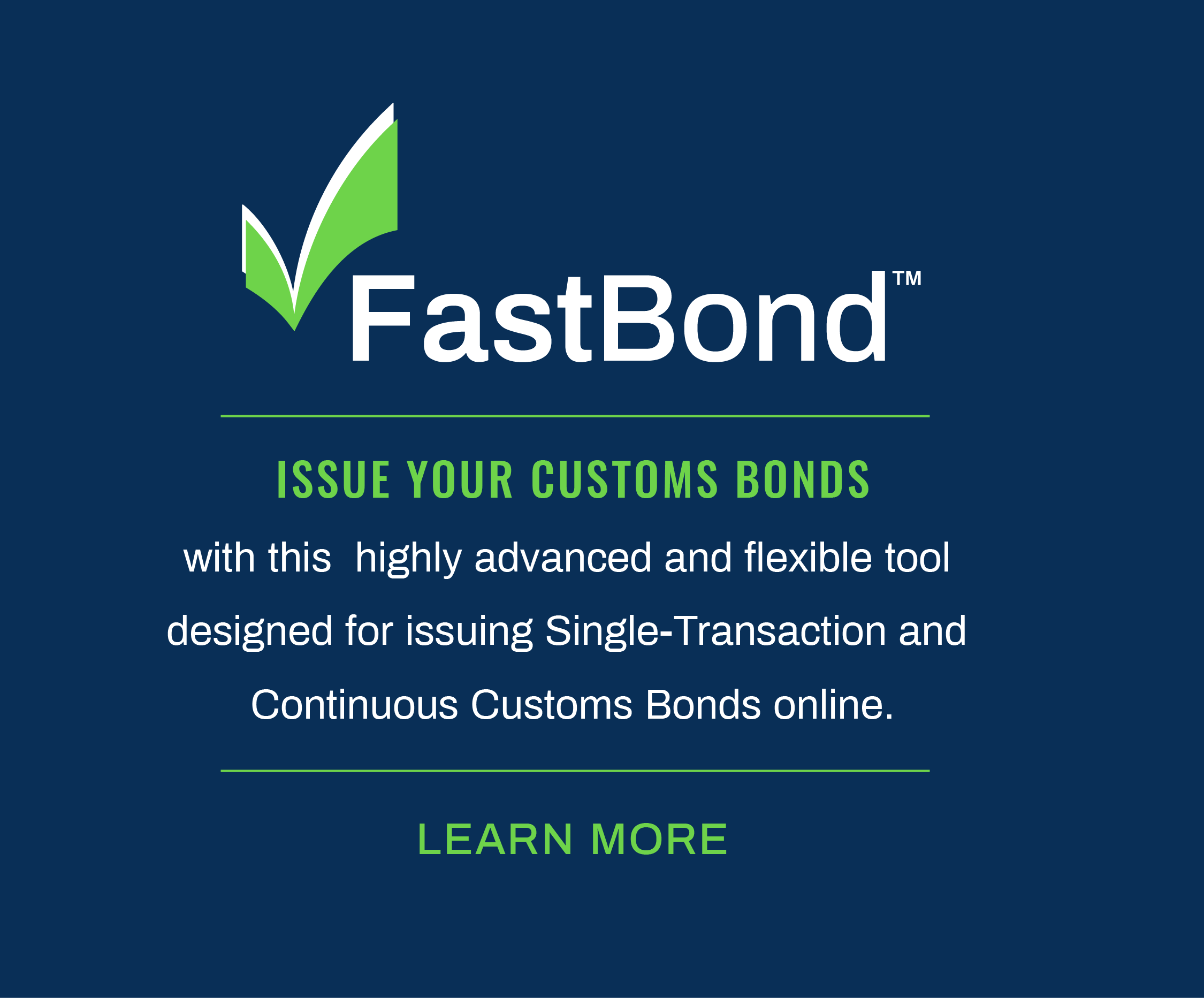As a working definition, according to U.S. Customs & Border Protection (CBP) regulations, a Customs Bond is “a contract which is given to ensure the performance of an obligation imposed by a law or regulation.” A customs bond is a specific type of surety bond, that is a three-party contract used to guarantee specific obligations are met between the bond provider, the bond principal, and a third party called an obligee. In the case of a customs bond, the parties are the surety company who provides the financial security for the bond, the importer who is the principal on the bond, and CBP who is the obligee.
The primary goal of a customs bond is to assure compliance with all laws and regulations governing the transaction while also guaranteeing the CBP will be paid for all import duties and taxes. There are various types of customs bonds and all serve a unique purpose for the importer.
If you plan to import commercial goods valued over $2500.00 into U.S. commerce, then you need a customs import bond. Customs import bonds come in two varieties, single entry bonds for making one time transactions, and continuous bonds which allow for multiple entries over the course of the term of the bond (one year with automatic “self-renewal” unless the bond is terminated).
There are additional types of customs bonds that can be used for purposes other than simple importation. These include: Foreign Trade Zone Bonds, Drawback Bonds, Custodian of Bonded Merchandise, and International Carrier Bonds among others.
Below is a detailed description of the most common types of customs bonds.







